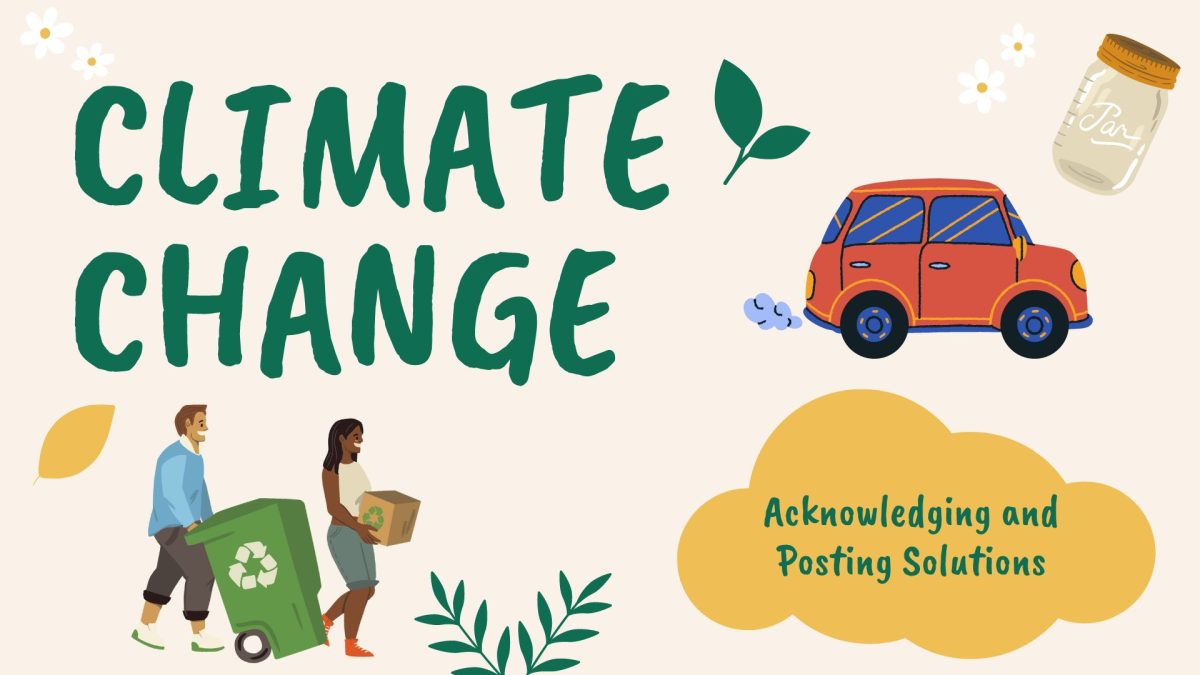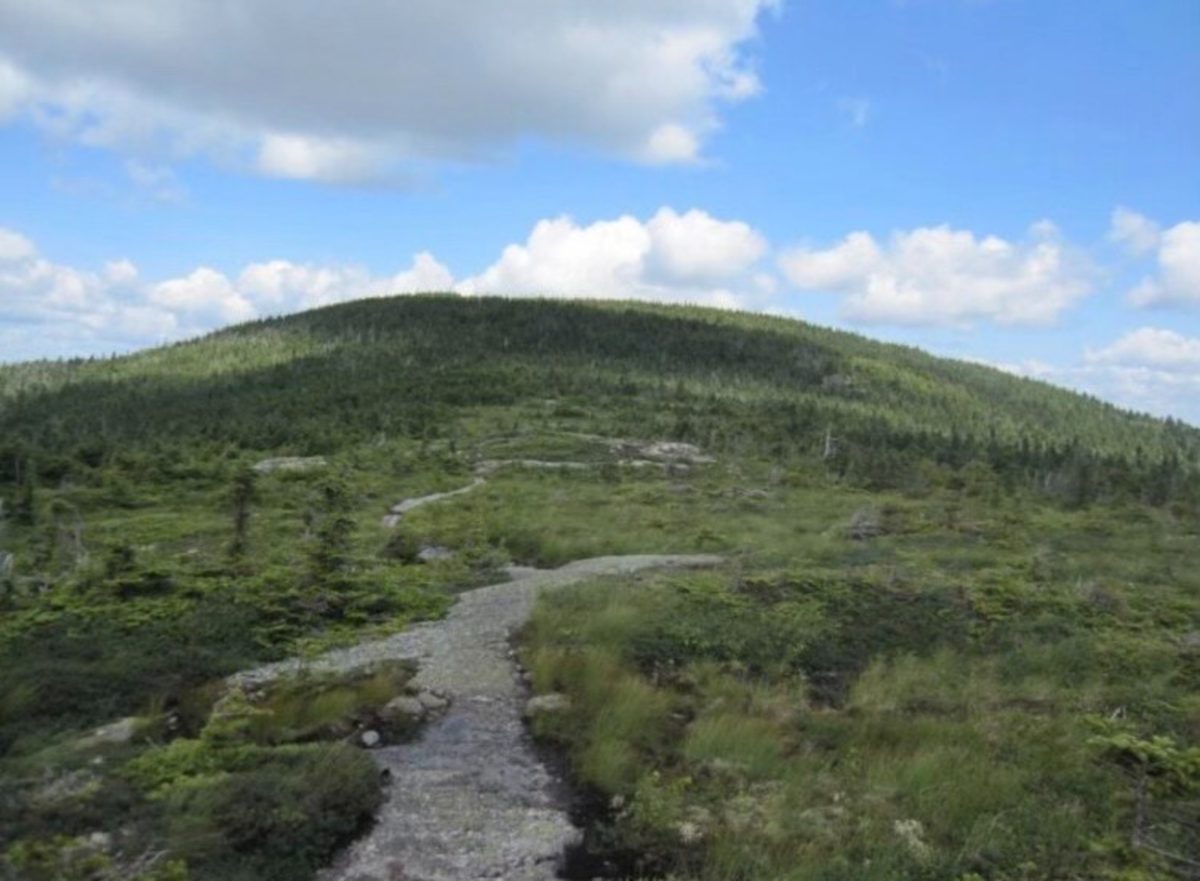As students, it is our responsibility to amend the world we inherit. “For the climate change problem, the only impact I hope for is the only one that really matters: that we — humanity in general, but the U.S. in particular right now — will take climate change seriously and act to reduce greenhouse gas emissions,” says Peter Adams, climate change expert and professor at Carnegie Mellon University.
Climate change is a paramount issue within our evolving society. While large-scale changes in fossil fuel usage are essential, there are changes we can make within our own lives to benefit the future of our planet.
Transportation is a leading concern for the state of the atmosphere. Most vehicles produce carbon dioxide, the most common human-induced greenhouse gas.
According to the U.S. Environmental Protection Agency, “A typical passenger vehicle emits about 4.6 metric tons of carbon dioxide per year.” For teens, a great amount of that carbon dioxide is derived from driving to school every week.
Opting to choose sustainable transportation helps to lower the emission of greenhouse gases into the atmosphere. Walking, biking, and other sustainable forms of transportation put us one step closer to restoring the balance of our increasingly fragile ecosystem.
Next time you plan on driving to school, reconsider the benefits of walking or biking. Here at PHS, we have the benefit of safe sidewalks and biking lanes. Reducing your carbon footprint may sound like a tedious endeavor; however, small decisions such as these have the ability to make a significant impact.
Additionally, reusing and recycling have extensive environmental benefits. One of the nation’s most prominent environmental groups, Project Drawdown, estimates that recycling between 2020 and 2050 will reduce carbon dioxide emissions by 5.5 to 6.02 gigatons. That is equivalent to taking over one billion cars off the streets for one year.
“Recycling is a practical yet easy change to help curb greenhouse gas emissions and limit the climate crisis,” Project Drawdown states.
Another beneficial contribution to the environment is urban spaces. Community gardens improve the air quality and encourage individuals to respect nature and each other.
The Portsmouth Community Garden promotes its goal of “honoring diverse viewpoints and developing respect through the unifying act of gardening together.”
Contributing to a community garden can help lower your carbon footprint by supplying clean oxygen into the atmosphere.
Even something as simple as planting one tree can greatly aid the environment. According to the Arbor Day Foundation, “As trees grow, they help stop climate change by removing carbon dioxide from the air, storing carbon in the trees and soil, and releasing oxygen into the atmosphere.”
Here at PHS, we have the ability reduce, reuse, recycle. Due to our location, we can engage in activities such as beach cleanups. During a recent beach cleanup with the PHS Eco Club, over 60 pounds of trash were recovered from Foss Beach. Beach cleanups are frequent, easy to attend, and gravely necessary.
We are also able to help sustain the gardens that surround our school, thus encouraging the protection of our environment.
However, the largest change we can strive to make is investing in solar energy. Solar energy greatly reduces the amount of fossil fuels released into the atmosphere by our school.
“Solar not only offers the potential for cost savings, but also supports student, faculty and parents’ desire for increased sustainability with reduced energy usage and positive environmental impact,” states the National Business Officers Association.
Not only should investing in solar energy be achieved at the school level, but I also encourage Portsmouth’s businesses and homeowners to make the switch. We are all a member of this community, and we all have the potential to make a difference.
Solutions to climate change are not restricted to the domain of federal policies, government implementations, or scientific innovations. Rather, they exist within our daily lives and the decisions we make. Making seemingly small changes within our lives can have an extensive culminating impact on the future of our planet.
The Portsmouth community is involved with various organizations dedicated to bettering the environment. Positive change is derived from the steps we take to better the environment surrounding us.
Climate change is a global problem, but it affects each and every one of us; therefore, it is our responsibility to take action on the community level.
Please be on the lookout for my latest installment, which is coming out in June.







